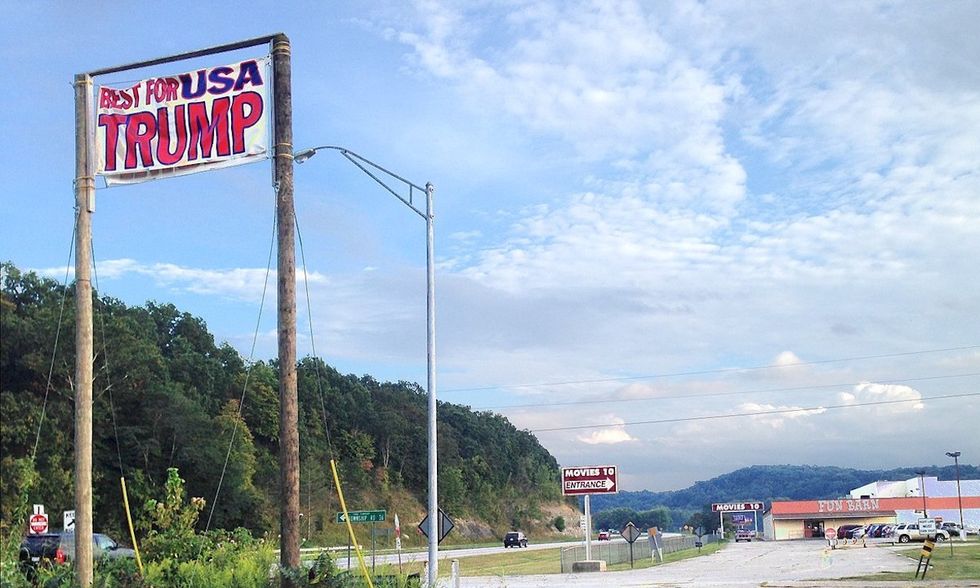See, I grew up in a small town, set on strips of farmland with homes sprinkled between fields of corn and soybeans. Apart from those, there were bits of land reserved for livestock and the factory in town, which housed most of the town’s employment opportunities. It wasn’t a bad place, but it lacked diversity. It lacked difference.
What I’ve come to realize about my home was that prejudice was carried no differently than family traditions. It was passed on from generation to generation like last names. It was given and taught and never challenged.
Racism is heavily perpetuated in small towns.
It’s careless remarks and jokes using the “N” word because “no one of color is around to hear it.” It’s not teaching children about stereotypes and removing the image the media gives them of a black man so that when they do meet one, they’re not scared.
The first time I really came into contact with a person of color was in college. I never had the socialization or the experience to know whether or not what I had seen portrayed on TV was accurate. I didn’t know whether to shy away and hide my purse or to put out my hand and introduce myself.
I was not socialized or taught acceptable behavior. I just gave it my best guess. But maybe my gut reaction to treat everyone the same is not what the rest of my small town has. In fact, I know it's not.
Racism was not talked about seriously, all while prejudicial jokes were being made on a daily basis.
I remember complaining to a teacher in high school about the comments fellow students kept making using the “N” word and the constant jokes about lynching. I didn’t find it funny. It made my stomach hurt. But it fell on deaf ears.
The teacher never addressed it. It was never a topic in history class or something we went over. Why would they in an all-white school? They weren’t forced to acknowledge anything.
The thing is, I don’t believe that everyone is racist. I don’t believe that my entire hometown or people I have grown up with and have known my entire life are all hateful, prejudicial beings.
However, I do believe that somewhere along the way, people have become careless.
It is our job as white people to not only be culturally sensitive but to be advocates for social injustice. It is our job to fix what generations before us broke
Anytime I see a Facebook post regarding Black Lives Matter, the first ones to spit back “All Lives Matter” are those from small towns. The people taking offense to it are from areas that lack diversity. It’s cultural ignorance. It’s a lack of understanding and a failure to acknowledge other human beings.
Black Lives Matter doesn’t mean white lives don’t.
Reverse racism is not a thing. It conceptually cannot exist. Racism is the systematic oppression of a group of people. It is the discrimination of people through the criminal justice system, the child welfare system, education systems and social programs.
It’s the pile of stereotypes regularly perpetuated through the media. It’s the statistics of incarcerated minorities in relation to the actual population. To ignore such a pervasive issue is not only disheartening, but it is just plain wrong.
I used to think that if I wasn’t saying the negative things, that I was OK. That being from a small town and listening to everything people say did not make me a bad person. But what did I do to put a stop to what was being said?
Sitting back and ignoring the problem is just as bad as saying the negative comments yourself. We can no longer make excuses for small-town ignorance or older relatives. It doesn’t matter if your grandfather is 80 years old.
It’s still OK to correct him.
I didn’t grow up being told what to say or believe, but I did grow up quietly.
That is no longer OK. It is both my responsibility and my duty to call people out when they’re being culturally insensitive, and that’s your job also. ESPECIALLY, if you’re from a small town.
“It is not possible to be in favor for justice for some people and not be in favor of justice for all people... Our lives begin to end the day we become silent about things that matter.” – Martin Luther King Jr.
















